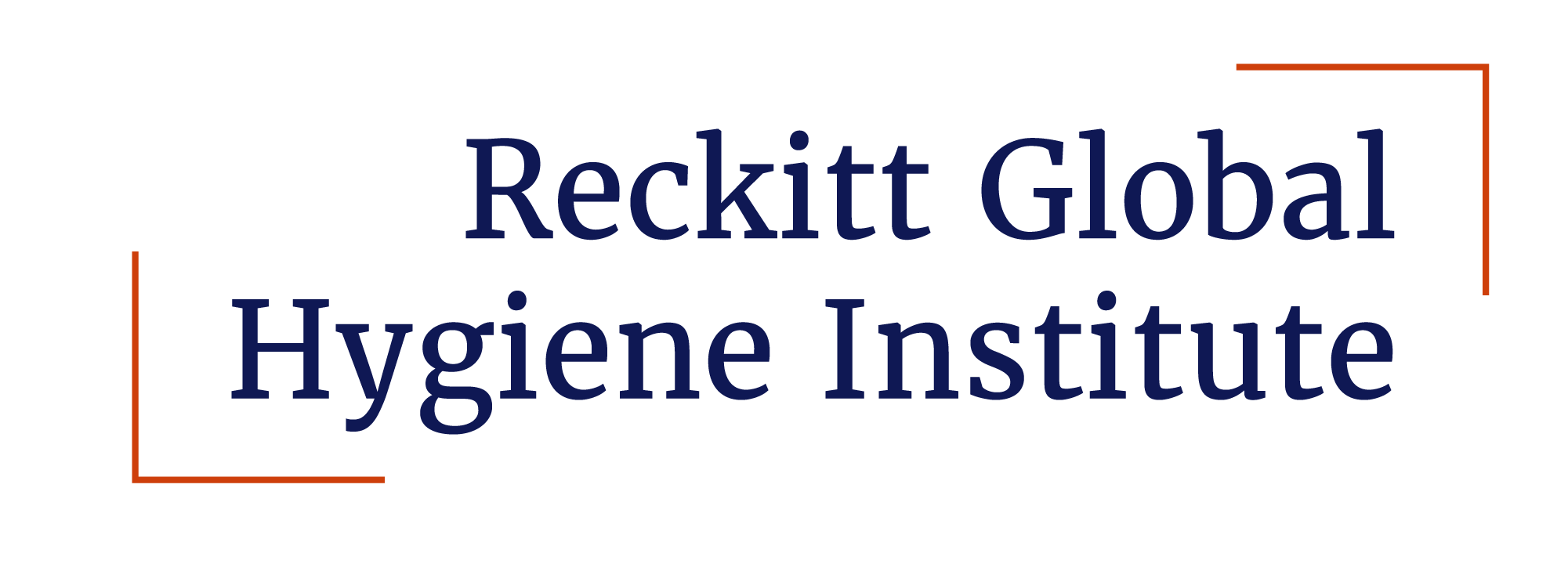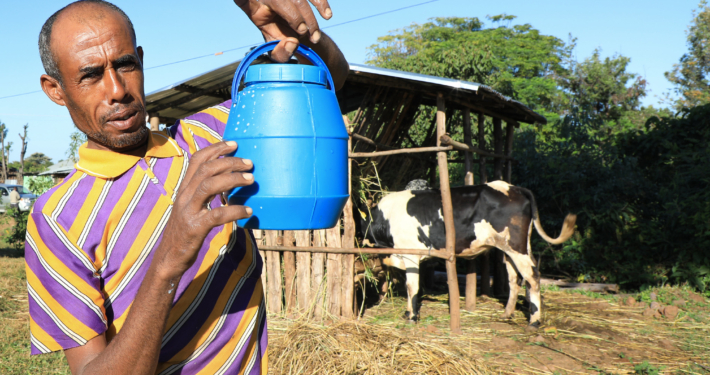Spotlights Series
29 April, 2025
Fanta Gutema: Genomic Fingerprinting Enteric and Antimicrobial Resistant Bacteria at Hygiene and One Health Interface for Tracking Disease Transmission in Ethiopia
This week, we highlight the work of Dr. Fanta Desissa Gutema, an RGHI Fellow whose research explores the dangers of bacteria travelling through everyday environments in urban Ethiopia. With a focus on the intersection of hygiene and the One Health framework, Fanta’s work aims to better understand the transmission of enteric and antimicrobial-resistant (AMR) bacteria and their impact on public health.
Ethiopia faces many challenges concerning poor sanitation and hygiene behaviours and practices. Diarrhoeal diseases, which are largely driven by pathogenic bacteria, remain one of the biggest causes of mortality, particularly in young children. However, the increasingly urgent rise of antimicrobial resistance, which exacerbates these infections, is making it even harder to treat people with current antibiotics.
This research is focused on tracking these bacteria, specifically those responsible for enteric diseases such as E. Coli, Salmonella and Campylobacter, alongside resistant strains which are becoming more prevalent. Through genomic fingerprinting, Fanta is identifying bacterial strains in different environments, animals, and humans, focusing on areas where there are crowded living conditions and poor hygiene practices are common.
The research aims to discover the pathways through which resistant bacteria spread from different environments and humans can potentially infect infants and amplify the public health crisis. This study aims to:
- Uncover the transmission pathways of pathogens between humans, animals, and the environment.
- Understand more deeply the role of hygiene behaviours in facilitating the spread of bacteria.
- Identify the areas where interventions could be most effective in both rural and urban settings based on the prevalence of antimicrobial pathogens.
This research addresses a gap in understanding how AMR bacteria can be transmitted and provides insights into developing effective design interventions to reduce the spread of infections. The findings will inform global health policy and promote hygiene practices and proper handwashing techniques in households, especially for younger children. Implementing these changes will help to reduce the crisis of both diarrheal diseases and AMR-related infections.
The RGHI Spotlight Series showcases researchers’ inspiring work on improving global hygiene and health outcomes. Each post highlights a project funded through an RGHI grant or fellowship, detailing its goals, progress, and potential impact. These spotlights celebrate innovation and collaboration in tackling some of the world’s most pressing hygiene challenges. To learn more about RGHI-funded research and its contributions to advancing hygiene and health worldwide, explore our research portfolio.
Stay tuned for more next week and keep up to date with the latest RGHI news on LinkedIn and BlueSky.
Livia Mulligan, RGHI Communications Assistant





 A view of Old Town Salvador by Mariana Ceratti / World Bank (CC BY-NC-ND 2.0, https://creativecommons.org/licenses/by-nc-nd/2.0/)
A view of Old Town Salvador by Mariana Ceratti / World Bank (CC BY-NC-ND 2.0, https://creativecommons.org/licenses/by-nc-nd/2.0/) Kondwani Chidziwisano
Kondwani Chidziwisano Parched soil by the White Nile by Arne Hoel/World Bank (CC BY-NC-ND 2.0 https://creativecommons.org/licenses/by-nc-nd/2.0/)
Parched soil by the White Nile by Arne Hoel/World Bank (CC BY-NC-ND 2.0 https://creativecommons.org/licenses/by-nc-nd/2.0/) Clean Hands by Arlington County (CC BY-SA 2.0 https://creativecommons.org/licenses/by-sa/2.0/)
Clean Hands by Arlington County (CC BY-SA 2.0 https://creativecommons.org/licenses/by-sa/2.0/)